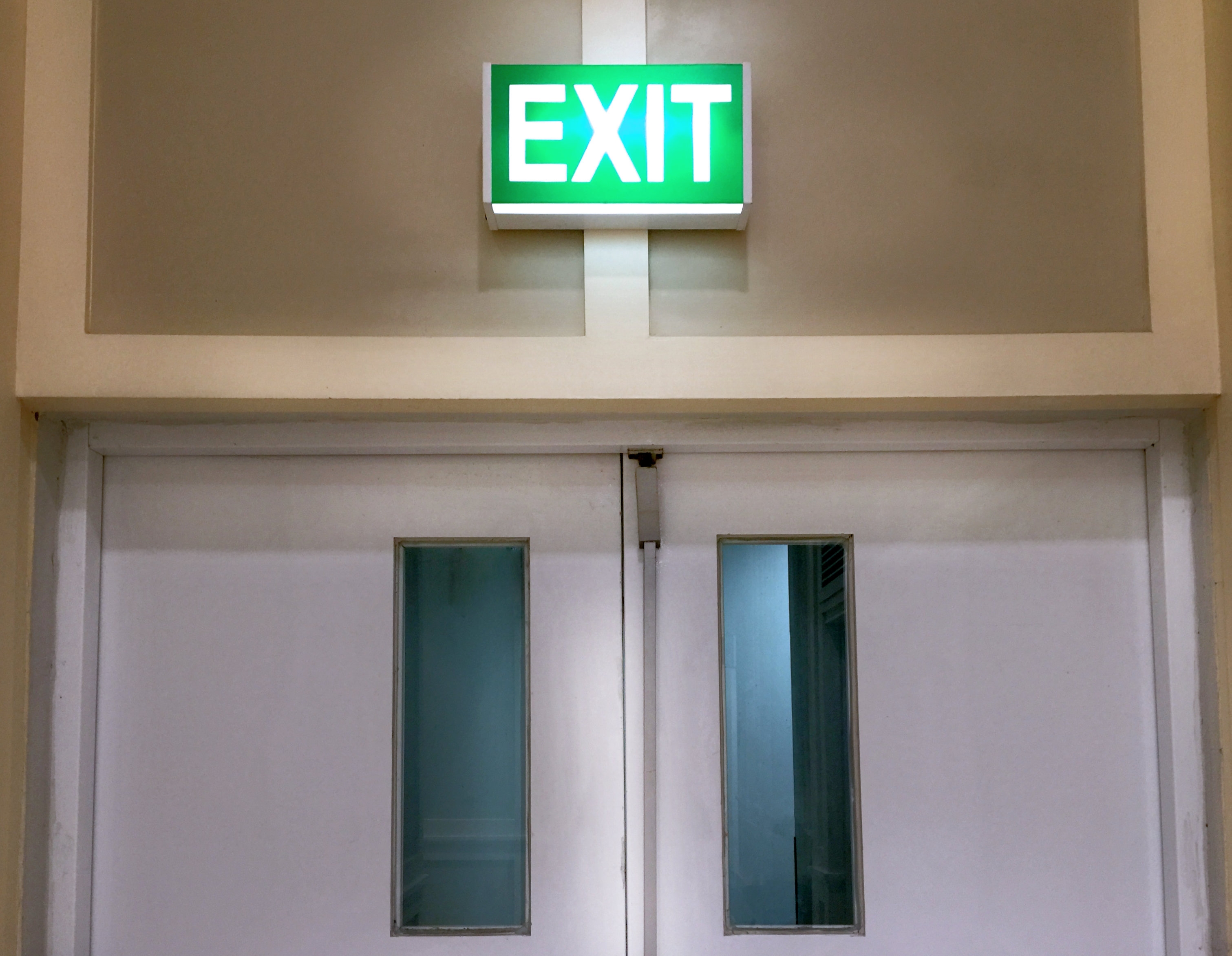How to adjust an automatic door closer

Automatic door closers help facilitate easy access to buildings by regulating the opening and closing of automatic doors. They are fitted in a range of settings from officers to public buildings, hospitals and retail stores and play a vital role in the safe and responsive operation of automatic doors.
A properly installed automatic door closer should work effectively but will occasionally need to be adjusted to ensure efficient operation. Over time, the door closer may become misaligned or worn out, which can cause the door to close too quickly or too slowly, or not at all.
How can you adjust an automatic door closer to ensure that it operates efficiently and safely?
Before you begin
Before you begin adjusting an automatic door closer it’s important to consult your manufacturer's instructions for any particular guidance. Different models of automatic door closer will have slightly different adjustment methods.
Identify the type of automatic door closer
There are three principal types of door closers, each of which may have different adjustment mechanisms. Surface-mounted closers are attached to the surface of the door frame, while concealed closers are hidden within the door frame. Floor-mounted closers are installed on the floor at the bottom of the door. You need to know which type of closer you have installed before you begin automatic door closer adjustment.
Identify the problem
The next step in adjusting an automatic door closer is to identify the problem. For instance, the door may be closing too slowly in which case you may need to increase the closing speed of the door. If the door is slamming shut, then the closing speed of the door will need to be slowed or the force applied when it closes adjusted to reduce the impact.
Find the adjustment screws
Adjustment screws are used to control the closing speed, the closing force, and the latching speed of the door closer. Most doors will have two or three adjustment screws. These will typically be located on the end of the closer cylinder. The cylinder is the main component of the closer and this will usually be found mounted on the frame or the door. The screws may be labelled to tell you what they control.
Make any necessary adjustments
Having identified the problem and located the adjustment screws, you can then make any necessary adjustments. This may be a process of trial and error, with testing required to ascertain what difference your adjustments have made. Make small adjustments and check the door after each adjustment until you have the desired result.
Once the adjustments have been made the doors should operate as desired for the foreseeable future. It’s important to remember that automatic doors and their component parts do require regular servicing and maintenance to ensure optimal performance.
If you would like more details about how to adjust an automatic door closers or automatic door maintenance in general, then the experienced team at Safetell can help such as automatic door servicing. Contact us to find out more about any of our services.
.png?width=3047&height=647&name=Safetell%20Master%20Logo%20CMYK%20(1).png)

